Understanding and Preventing Parasite Infestations in Livestock
As a responsible livestock owner, you understand the importance of maintaining the health and well-being of your animals. Parasite infestations can have devastating consequences on your livestock’s productivity, fertility, and overall health. It is crucial to take proactive measures to prevent and control parasite infestations to ensure the success of your livestock operation.
In this article, we will explore the world of parasites that affect livestock, know the common types of parasites, and the signs and symptoms of infestation. We will also discuss the economic impact of parasite infestations and provide practical tips on how to prevent and control these pests.
The Importance of Parasite Control in Livestock
Parasites are organisms that live on or inside another organism, feeding on their tissues and fluids. In livestock, parasites can cause significant economic losses due to reduced productivity, decreased fertility, and increased mortality rates. According to the Food and Agriculture Organization (FAO) of the United Nations, parasites are responsible for an estimated 25% of livestock losses worldwide.
Common Types of Parasites Affecting Livestock
Common Types of Parasites Affecting Livestock
Internal Parasites:
These parasites live inside the animal’s body, feeding on their tissues and fluids.
Examples include:
- Gastrointestinal nematodes (roundworms)
- Liver flukes
- Tapeworms
External Parasites:
It’s parasites that live on the animal’s skin or hide, feeding on their blood, skin, or other tissues.
Examples include:
- Ticks
- Lice
- Fleas
- Mite
Signs and Symptoms of Parasite Infestation
The signs and symptoms of parasite infestation can vary depending on the type of parasite and the severity of the infestation. Common signs include: • Weight loss • Diarrhea • Anemia • Skin lesions • Reduced fertility • Increased mortality rates
Economic Impact of Parasite Infestations
Parasite infestations can have significant economic implications for livestock operations, including:
- Reduced productivity and fertility
- Increased mortality rates
- Decreased milk and meat production
- Increased veterinary costs
- Decreased profitability
Prevention and Control Strategies
Preventing and controlling parasite infestations requires a multi-faceted approach, including:
- Integrated Pest Management (IPM): A holistic approach that combines cultural, biological, and chemical controls to manage parasites.
- Regular Monitoring: Regularly monitor your livestock for signs of parasite infestation and test for parasites.
- Parasite Control Products: Use anthelmintics, insecticides, and other products to control parasites.
- Pasture Management: Implement rotational grazing and pasture management strategies to reduce the risk of parasite infestation.
- Nutrition and Health: Ensure your livestock receive a balanced diet and are in good health to reduce their susceptibility to parasite infestation.
Parasite infestations can have devastating consequences for livestock operations. By understanding the common types of parasites, and the signs and symptoms of infestation, you can develop an effective parasite management strategy to prevent and control these pests.
Remember, a proactive approach to parasite control is key to maintaining the health and productivity of your livestock.
Prevention and Control Strategies
Preventing and controlling parasite infestations requires a multi-faceted approach, including:
- Integrated Pest Management (IPM): A holistic approach that combines cultural, biological, and chemical controls to manage parasites.
- Regular Monitoring: Regularly monitor your livestock for signs of parasite infestation and test for parasites.
- Parasite Control Products: Use anthelmintics, insecticides, and other products to control parasites.
- Pasture Management: Implement rotational grazing and pasture management strategies to reduce the risk of parasite infestation.
- Nutrition and Health: Ensure your livestock receive a balanced diet and are in good health to reduce their susceptibility to parasite infestation.
Parasite infestations can have devastating consequences for livestock operations. By understanding the common types of parasites, and the signs and symptoms of infestation, you can develop an effective parasite management strategy to prevent and control these pests.
Remember, a proactive approach to parasite control is key to maintaining the health and productivity of your livestock.
Biotlmirao (Cozina 300): The Antibiotic Choice for Poultry and Ruminants Facing Bacterial Challenges
Bost-K3 Plus is a premium Vitamin K3 supplement designed for poultry, rabbits, and ruminants. It pre
Beef Cattle Production: Best Practices and Challenges
Bost-K3 Plus is a premium Vitamin K3 supplement designed for poultry, rabbits, and ruminants. It pre
Colibacillosis in Poultry: Symptoms, Treatment, and Prevention
Colibacillosis is a bacterial infection caused by Escherichia coli (E. coli) that affects poultry wo

